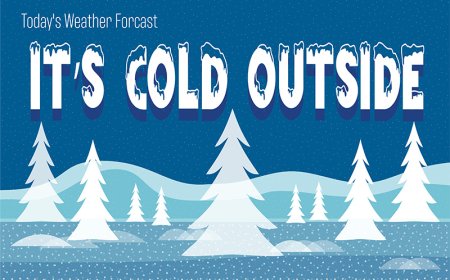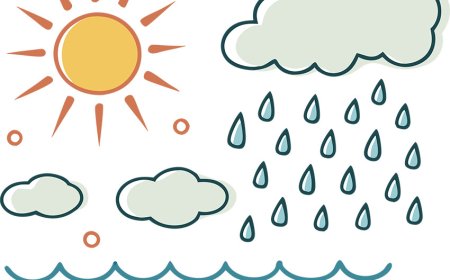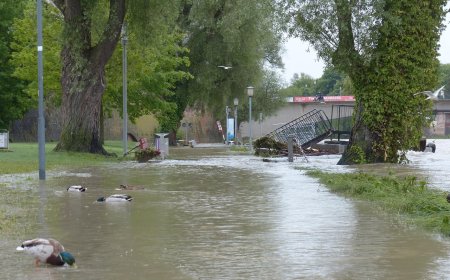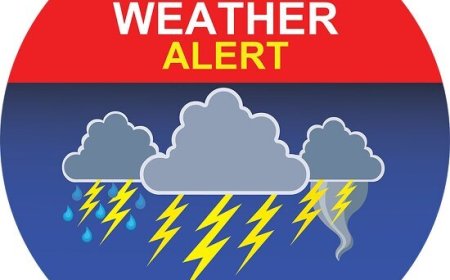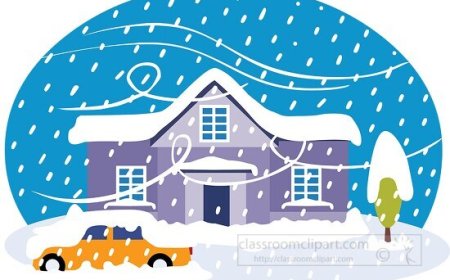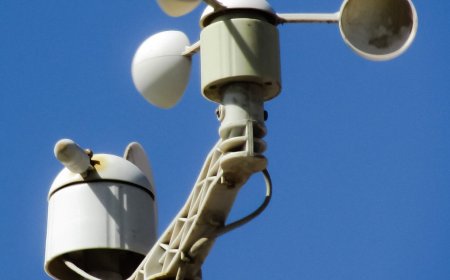Extreme Weather for Kids – Droughts, Floods, Heat Waves & More
Learn all about extreme weather for kids. Discover what causes droughts, floods, heat waves, and how these powerful events impact people, plants, and wildlife.
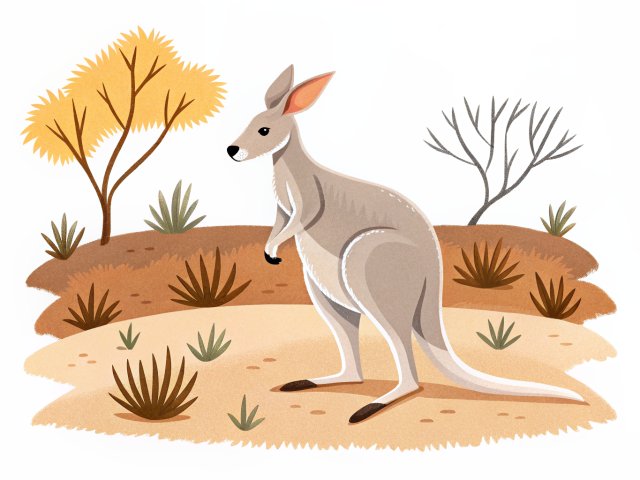
🧭 Introduction
While many types of weather are part of everyday life, some events are much more powerful and dangerous. These are called extreme weather events. Extreme weather can cause serious damage to homes, farms, and natural environments. Some of the most common types include droughts, floods, and heat waves. These events can happen anywhere in the world and are often made worse by changes in climate. Understanding them helps us prepare and protect ourselves and our communities.
🌞 Droughts
A drought happens when a region gets much less rain than usual over a long period of time. This can last for weeks, months, or even years. Without enough water, plants dry up, rivers shrink, and animals struggle to find food and water. People may not have enough water for drinking, farming, or cleaning.
Causes of Drought:
Lack of rainfall over time
High temperatures that cause water to evaporate
Climate change, which may increase dry spells in some areas
Overuse of water for farming or industry
Effects of Drought:
Dry soil and crop failure
Forest fires (especially during hot seasons)
Water shortages for people and animals
Poor air quality due to dust and smoke
🌊 Floods
A flood occurs when too much water covers land that’s normally dry. Floods can happen after heavy rain, melting snow, hurricanes, or broken dams. Some floods happen quickly, called flash floods, while others build up over days.
Causes of Floods:
Heavy rain that the ground can't absorb
Snowmelt from mountains during spring
Hurricanes and tropical storms pushing ocean water inland
Blocked or overflowing rivers
Effects of Floods:
Damage to homes, schools, and roads
Loss of crops and livestock
Water pollution
Dangerous conditions for driving and walking
Risk of disease from dirty floodwater
Floods can be very dangerous but often give warning signs, allowing people time to prepare or evacuate.
🌡️ Heat Waves
A heat wave is a period of unusually hot weather that lasts for several days or more. The temperatures are much higher than normal for the area, and nights often stay warm too. Without cool air or shade, heat waves can become deadly, especially for young children, older adults, and animals.
Causes of Heat Waves:
High-pressure systems trapping warm air in one place
Urban heat islands where cities stay hotter due to buildings and pavement
Dry weather that reduces cooling from evaporation
Climate change, making extreme heat more common
Effects of Heat Waves:
Heat exhaustion and heatstroke
Wildfires in dry areas
Increased electricity use for fans and air conditioners
Water shortages and stressed crops
Poor air quality due to smog and smoke
Staying cool, drinking water, and checking the news for heat alerts are all important during heat waves.
🧠 Staying Safe During Extreme Weather
Each type of extreme weather comes with safety tips to help people protect themselves:
During a drought: Save water, avoid burning outside, and help plants and animals with extra care.
During a flood: Move to higher ground, never drive through floodwaters, and listen to weather alerts.
During a heat wave: Stay indoors during the hottest times, wear light clothing, and drink lots of water.
Emergency kits, weather radios, and family plans can help people get ready for any type of disaster.
📚 Vocabulary Words
Word Definition
Drought A long period with little or no rain
Flood When water covers land that is usually dry
Heat wave A stretch of extremely hot weather
Flash flood A sudden and fast flood, usually after heavy rain
Wildfire A fire that spreads quickly in dry areas
💡 Interesting Facts About Extreme Weather
The longest drought in U.S. history lasted over 10 years during the 1930s Dust Bowl.
Floodwaters can carry cars away in as little as 12 inches of water.
The deadliest heat wave ever recorded killed over 70,000 people in Europe in 2003.
Urban areas can be up to 7°F hotter than nearby rural places due to the heat island effect.
Some plants and animals have evolved to survive droughts by storing water or staying underground.
👧 Kid-Friendly Summary
Extreme weather includes events like droughts, floods, and heat waves. Droughts happen when there’s no rain for a long time. Floods happen when too much water covers the land. Heat waves are very hot days that last for a while. These events can hurt people and nature, so it’s important to stay safe and be prepared.
✅ Interactive Quiz
Q1: What is a drought?
A. Heavy rain
B. A very dry period with little rain
C. A snowstorm
D. A windy day
Q2: What is a heat wave?
A. A warm breeze
B. A long period of very hot weather
C. A rainstorm
D. A fire
Q3: What causes flooding?
A. Dry air
B. Too much sun
C. Heavy rain or rising water
D. Wind gusts
Q4: Which of these is a way to stay safe during a flood?
A. Go swimming
B. Drive through water
C. Stay on low ground
D. Move to higher ground
Q5: Which weather event can lead to wildfires?
A. Drought
B. Rain
C. Snowstorm
D. Fog
Scoring:
5/5 = 🔥 Disaster Smart
3–4 = 🌊 Weather Wise
1–2 = 📘 Learning the Extremes




















































